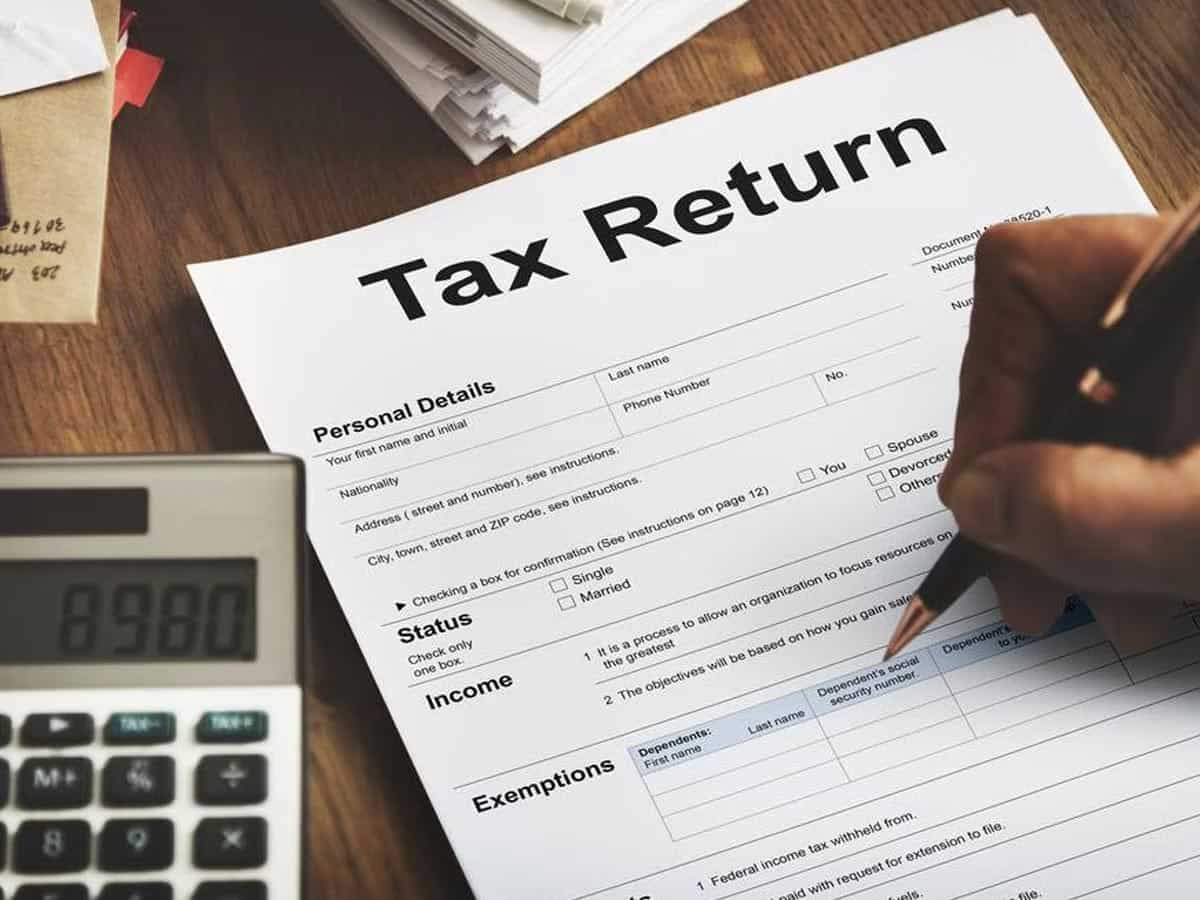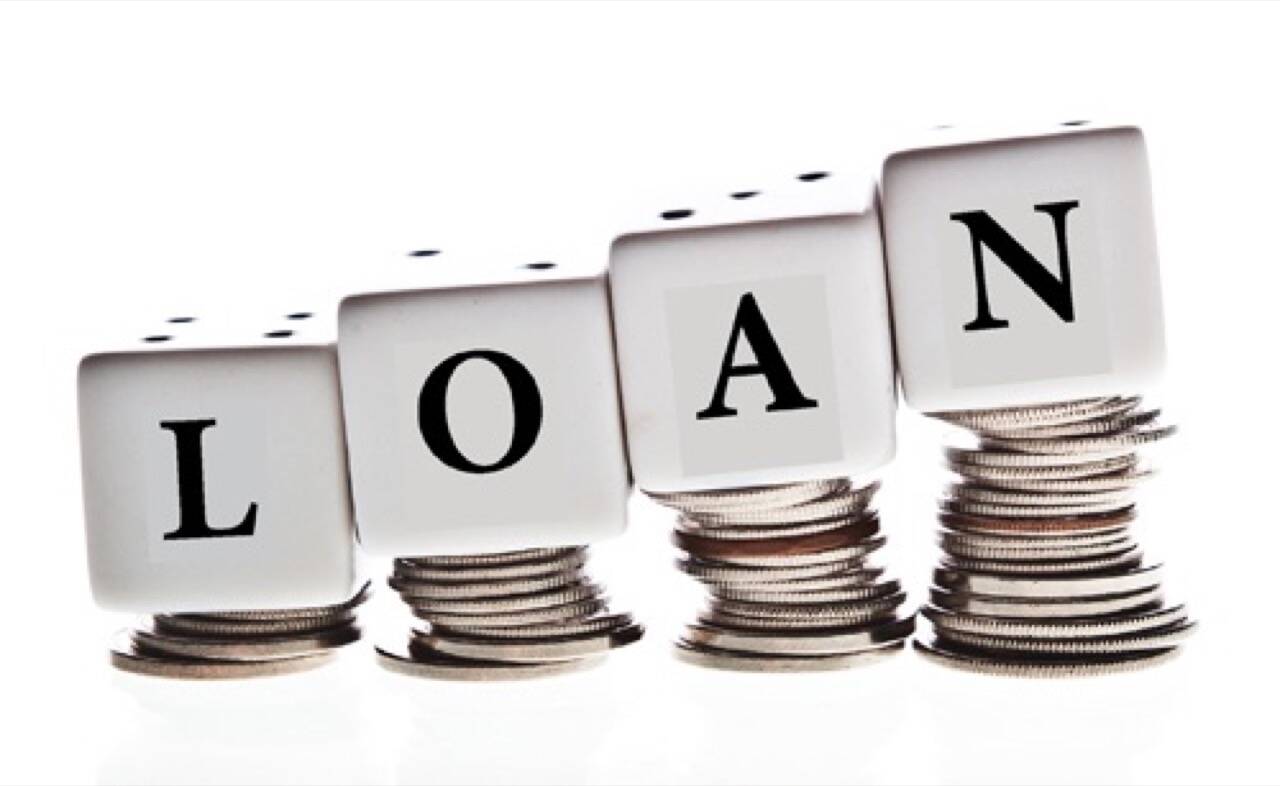When it comes to studying, it’s easy to be distracted by the fun, exciting opportunities aheadBut things can get a little more complicated when you’re ready to start repaying your student loansSeveral different repayment options are available to borrowers with federal student loans who want to lower their monthly payments or consolidate their debtHere are five ways you might consider paying off your education loan debt:
Income-Based Repayment
The Income-Based Repayment (IBR) plan is a type of repayment plan offered by the U.SDepartment of Education that allows borrowers to make lower monthly payments based on their income and family size.
You can apply for IBR if you have Direct Loans, Stafford Loans and Grad PLUS loans; there’s no need to consolidate your loans before applyingJust fill out an application at StudentLoans.gov or call 800-557-7392 and press “1” when prompted to speak with someone about lowering your monthly payment amounts (if approved)Once approved, the reduced amount will take effect after a period determined by your loan status:
For example, If you first borrowed money before July 1, 2014: Your eligibility will be effective after 120 days from the day you submit your application unless an appeal is pending or being processed.
Deferment
If you’re facing a period where you have no income, deferment can be a good optionDeferment differs from forbearance in that it applies to specific situations, such as unemployment or being enrolled in school at least half-time.
You can apply for deferment at any timeDuring this postponement of your payments, interest will continue to accrue on your loans, so be sure to factor that into the loan cost if you plan on repaying after deferring it.
Forbearance

Forbearance is a temporary suspension of paymentsYou must apply for forbearance, which may be granted if you temporarily cannot make payments due to financial hardshipForbearance can be granted for up to 12 months and renewed if necessary.
Loan Consolidation
Student loan consolidation is an excellent option if you want to eliminate multiple loans and simplify your paymentsIf you’ve been paying off loans from different lenders, consolidating them into one larger loan will help you manage them quickly and make it easier for you to predict your monthly payments.
However, consolidation doesn’t come without its downsidesIn addition to extending the term of your loan, this process will also result in higher interest rates on those loans because they’re now eligible for federal aid programs like Public Service Loan Forgiveness (PSLF)“Federal loans consolidated through a Direct Consolidation Loan remain federal loans,” says SoFi experts.
Payoff without Consolidation
If you have a loan with a variable interest rate, consider paying extra on your monthly paymentsYour lender will adjust the amount of interest charged on the remaining balance based on what you’ve paid.
Pay off your loan in full without causing undue hardship for yourself or your familyThe best way to get out of debt is to stop borrowing more money!
This article helped you understand how to pay your education loan debtIf you find that you need help paying off your loans, feel free to get in touch with experts for a free consultationWe would be happy to help!
 Lab Diamond Tennis Bracelet: The Epitome of Elegance and Luxury
Lab Diamond Tennis Bracelet: The Epitome of Elegance and Luxury  Unveiling the Truth: Why Mined Diamonds Are Not Scarce
Unveiling the Truth: Why Mined Diamonds Are Not Scarce  Power Duo: SEO Agency Services and Website Design in Pittsburgh
Power Duo: SEO Agency Services and Website Design in Pittsburgh  Dress Rings: A Timeless Choice with Lab-Grown Diamonds and Man-Made Diamonds
Dress Rings: A Timeless Choice with Lab-Grown Diamonds and Man-Made Diamonds  What is the Penalty for Non-Filing of Income Tax Return?
What is the Penalty for Non-Filing of Income Tax Return?  Easiest Tribal Loans – Get Financial Aid with Just Two Clicks
Easiest Tribal Loans – Get Financial Aid with Just Two Clicks  Revolution in Retail: The Influence of HVAC Design on Customer Experience
Revolution in Retail: The Influence of HVAC Design on Customer Experience  Where to Sell My Designer Bag and Sell Gold in Melbourne: A Comprehensive Guide
Where to Sell My Designer Bag and Sell Gold in Melbourne: A Comprehensive Guide  How Long Does Adderall Stay in Your System? What You Need to Know
How Long Does Adderall Stay in Your System? What You Need to Know 